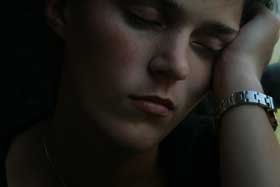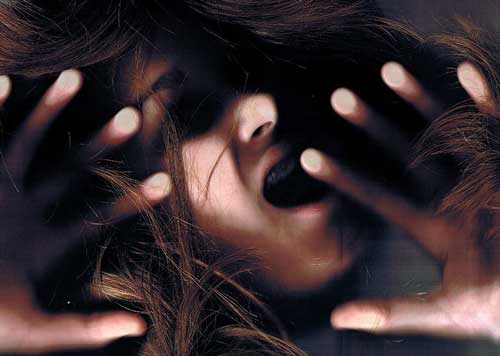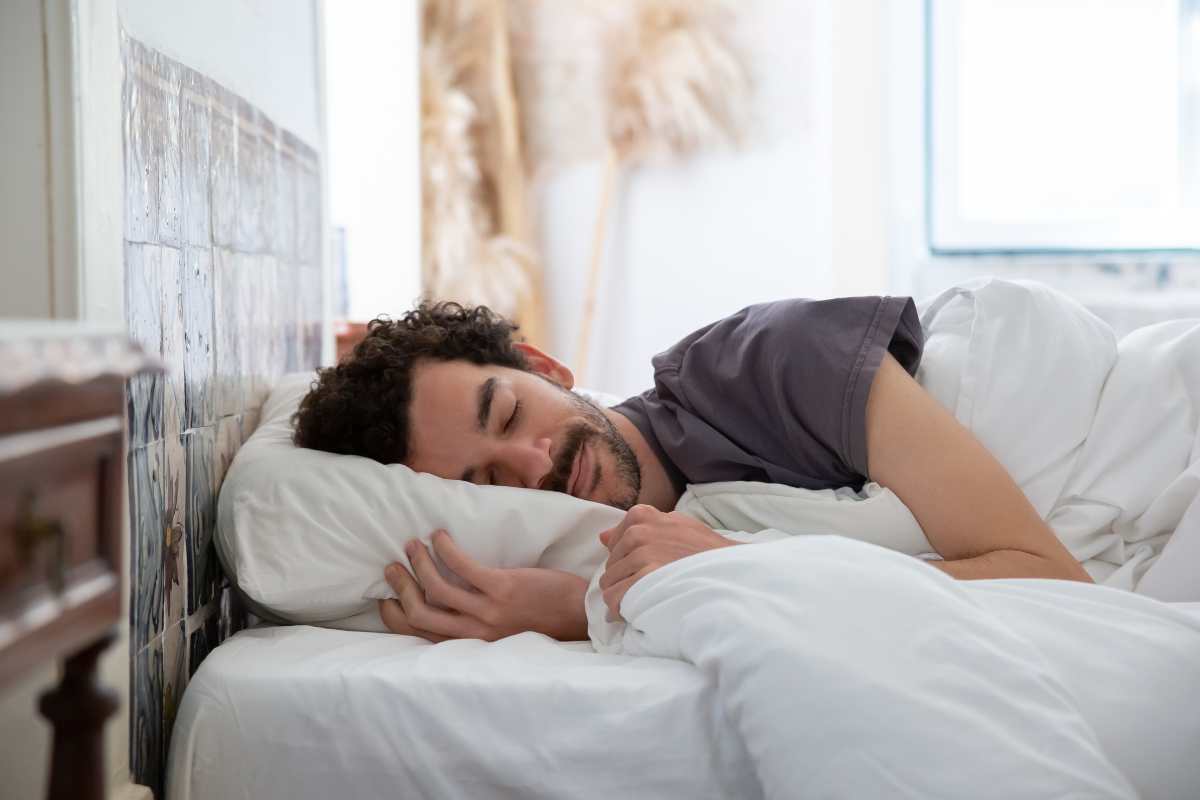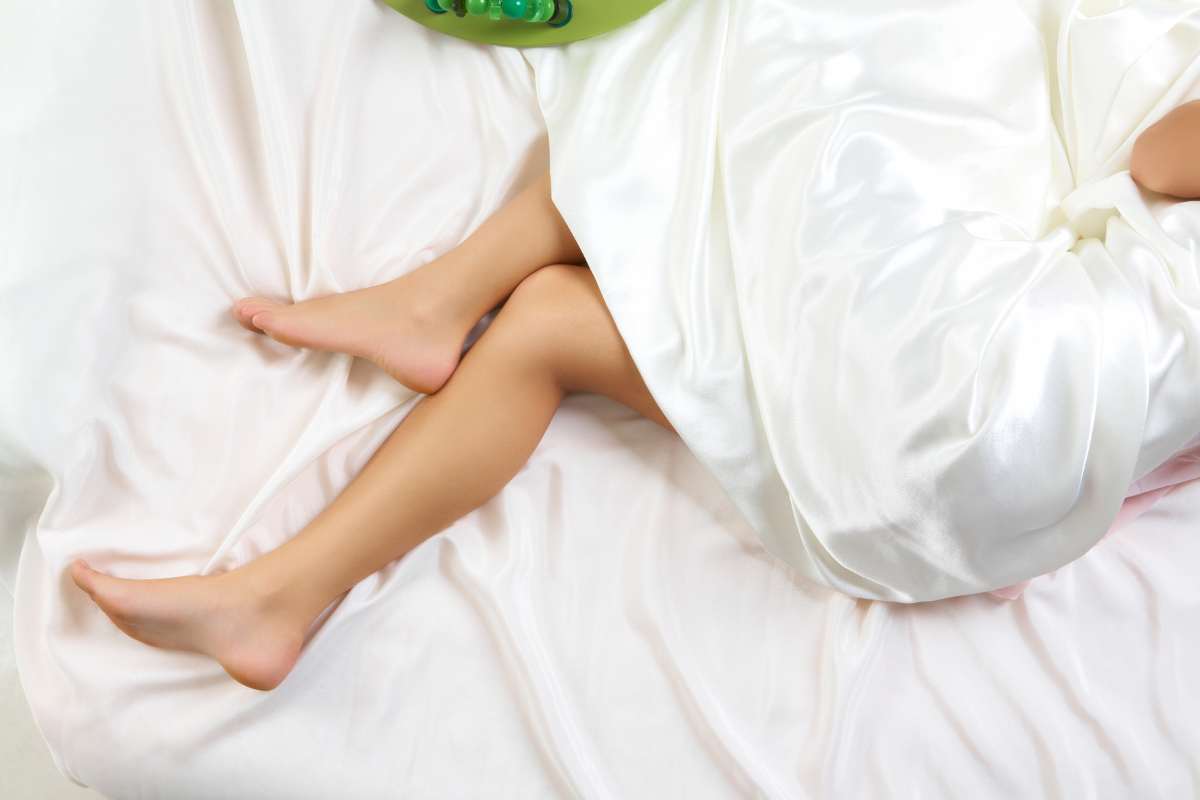Teeth grinding at night can cause morning headaches or migraines, as well as jaw soreness.
It is one of the commonly treated sleep disorders, although the recommended treatments vary from one practitioner to the next. The first step may be ruling out underlying psychological or medical problems.
Anxiety, stress and obsessive compulsive disorders are some of the psychological problems that can lead to nighttime bruxism, the medical term for the jaw clenching and teeth-grinding that can eventually wear down tooth enamel and cause arthritis of the jaw. Medications combined with behavioral modifications are the preferred method of treatment for those disorders.
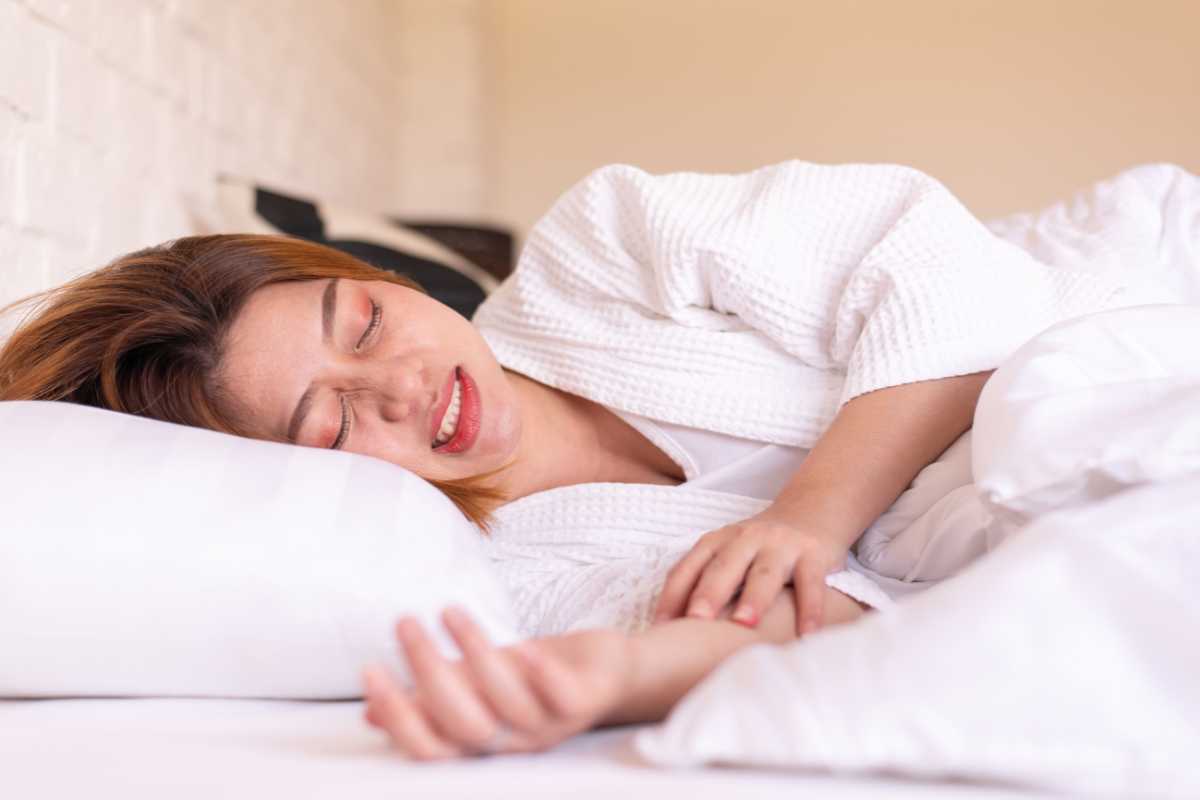
Gastro esophageal reflux disease or GERD and Teeth Grinding at Night
Physical problems that can cause an increase in the activity include acid reflux, also known as gastro esophageal reflux disease or GERD. GERD can interfere with a person’s ability to remain asleep, sometimes causes coughing and has been associated with apneas; missing one or more breaths while sleeping. Obstructive sleep apneais one of the factors that have been associated with grinding teeth at night. So, there may be several different things going on, all at once.
Nutritional deficiency and Teeth Grinding at Night
Grinding teeth in sleep can also be a symptom of an underlying nutritional deficiency or a lack of adequate nutrient intake on a regular basis. This belief is supported by the fact that anorexics (notoriously malnourished) often suffer from the problem.
Some of the dietary supplements that have been recommended include pantothenic acid (vitamin B5), magnesium and calcium. If the activity is accompanied by restless leg syndrome, a lack of magnesium is the probable culprit. Surveys indicate that the majority of Americans fail to meet their minimum daily requirements for the essential mineral.
Teeth grinding at night can cause serious dental damage
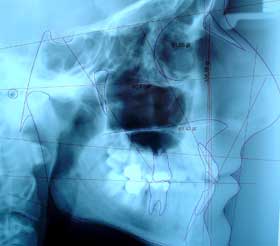
Teeth grinding at night and during the daytime seem to be more common in older people that suffer from Huntington’s, Parkinson’s or Alzheimer’s. In children, the problem may simply be a developmental issue that resolves itself. For both older and younger patients, mouth guards are recommended to protect against dental damage.
There is, however, some debate about whether mouth guards or splints should be worn by people on a regular basis. For best results you would want to have a mouth guard custom fitted. Night Guard Lab offers a convenient method of having a custom night guard fitted with a kit that allows you to make your own impression. You just send it back to their dental lab and they make your custom night guard.
A holistic approach using biofeedback is another alternative you can try
It is possible to treat daytime bruxism simply by making the person aware that he or she is doing it. With awareness, the person can practice relaxing the jaw. When someone is grinding teeth at night, they are unable to consciously relax their jaws.
The biofeedback mechanism includes a headband that senses when the jaw muscles are tightened. If they are tightened enough, a tone begins to sound. Ideally, the person practices with the headband during waking hours. Tightening and relaxing the jaw when the tone is heard.
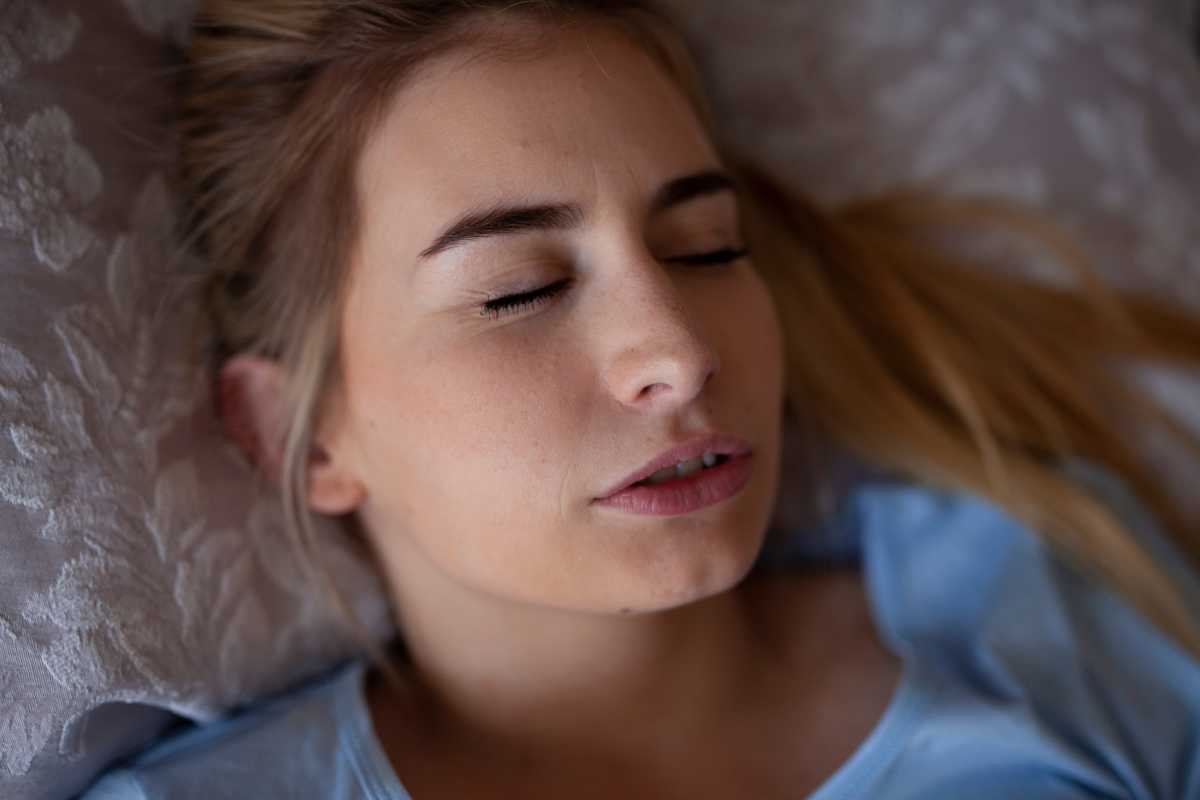
The volume of the tone starts out very low. So, after a conditioning period, a person will relax their jaw when the tone is heard, without actually waking up. It works for about 25% of people to help them stop teeth grinding at night. The devices are sold under trade names GrindAlert and SleepGuard.
There are other types of biofeedback, including a taste based one and one that makes use of electric shock. Another relatively new approach is the use of a device that prevents a person from breathing through their nose. One can only clench their jaw, if he or she can breathe through the nose.
Botox is one of the controversial treatments for bruxism. Most practitioners feel that it should only be used in extreme cases of teeth grinding at night and then only for a short period of time. There are too many risks of Botox and lots of safer alternatives.



